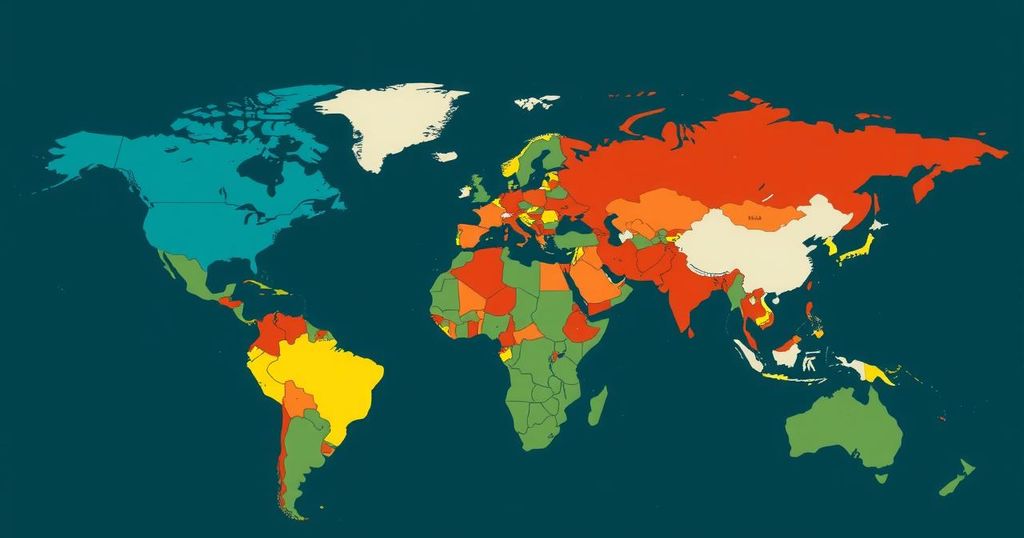Wealthy Nations Compensate Developing Countries for Climate Change Damages
Wealthier nations are initiating financial compensation for low-income countries impacted by climate crises, as demonstrated by the case of Cyclone Freddy in Malawi. The program provides critical funds for recovery efforts, promoting financial accountability among leading greenhouse gas emitters. However, experts warn that current pledges fall short, urging enhanced contributions to meet escalating climate challenges.
In the aftermath of Cyclone Freddy, which devastated southern Malawi in 2023, affected families are receiving financial assistance as part of a new initiative aimed at compensating for climate change damages. Christopher Bingala, a subsistence farmer who lost his home and livestock to the floods, received approximately $750 through this compensation program. This funding, characterized as “loss and damage” compensation, aims to address the climate crisis’s impact on low-income countries, which have historically contributed far less to greenhouse gas emissions.
Wealthier nations, recognizing their responsibility for climate-related damages, have begun to pledge significant funds, totaling around $720 million to date, from countries such as the United States and the European Union. However, experts caution that these amounts are insufficient given the escalating frequency and intensity of climate-induced disasters. The COP29 climate summit in Baku, Azerbaijan, has seen discussions focused on determining specific financial commitments to developing nations as part of a comprehensive climate finance strategy, which includes loans and investment initiatives.
In Malawi, the government of Scotland initiated the funding, marking it as the first instance of dedicated loss and damage financing. Non-profit organization GiveDirectly facilitated the distribution of funds, providing essential support to 2,700 families affected by the cyclone. Many beneficiaries utilized the funds to rebuild homes, invest in agricultural inputs, or ensure educational access for their children.
The urgency for loss and damage funding is projected to increase as extreme weather events become more prevalent. The need could escalate to an estimated $250 billion annually by 2030, prompting leaders like Philip Davis, Prime Minister of the Bahamas, to advocate for greater contributions from affluent nations, emphasizing that inaction could have dire global repercussions. He argues, “If they do nothing, they will be the worst for it.”
This framework presents critical advancements toward ethical climate reparations, particularly in a context where low-income countries face mounting pressures from natural disasters precipitated by global climate change. As the international community continues to grapple with these issues, the establishment of effective financing mechanisms remains a pivotal challenge.
The initiative signifies a step toward ameliorating the plight of vulnerable populations impacted by climate change while seeking accountability from those responsible for greenhouse gas emissions.
The ongoing climate crisis disproportionately impacts low-income countries, which bear the brunt of environmental disasters despite contributing minimal levels of greenhouse gas emissions. Recognizing this inequity, wealthier nations have begun instituting payment frameworks to provide financial relief to affected communities, particularly after extreme weather events. This movement is illustrated by the introduction of loss and damage compensation funds, which aim to address the realities faced by communities such as in Malawi, where subsistence farmers like Christopher Bingala experience significant hardships due to climate-related disasters.
The development of loss and damage compensation programs marks a significant attempt to address the disparities faced by low-income countries due to climate change. As affected regions like Malawi begin to receive necessary funds to recuperate from disasters such as Cyclone Freddy, the international community must recognize the importance of providing substantial support to vulnerable populations. Such proactive measures not only aid recovery but also ensure sustainability and resilience against future climate impacts.
Original Source: www.southcarolinapublicradio.org




Post Comment